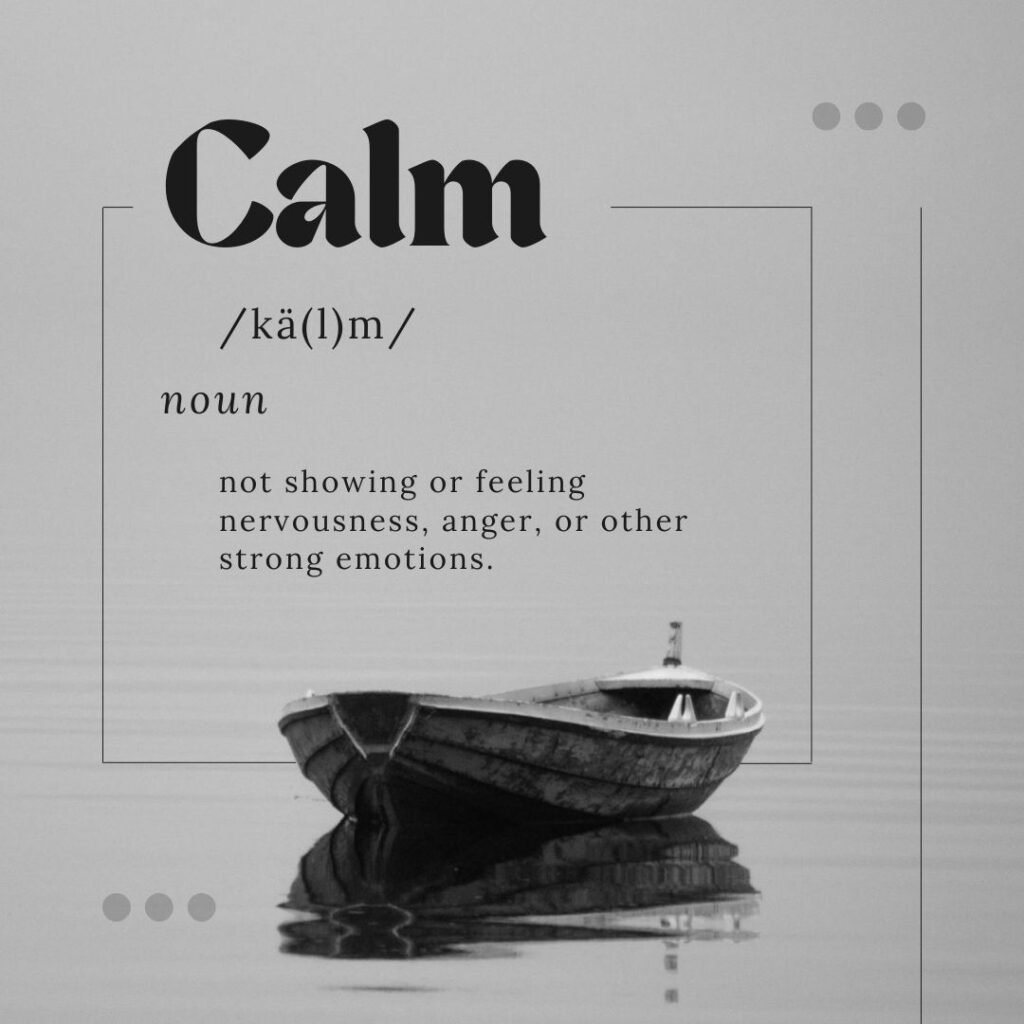What is Anger
Anger is a strong feeling when something seems unfair, wrong, or frustrating. It’s your mind’s way of saying, “I don’t like this!” It’s a normal emotion — everyone feels angry sometimes. “Anger is how we express frustration, usually toward someone, something, or even a particular noise. “The way we express anger often depends on the situation and the level of authority we have over the other person.” “Anger can lead to disastrous and harmful effects if we lose control of our actions. Without restraint, it becomes a dangerous sword that cuts everything in its path.”
How to Avoid Anger in 5 Ways
- PAUSE & BREATHE – When you feel angry, take a moment to pause and breathe. Don’t react right away. This small break helps your mind calm down and gives you time to think clearly. A calm response is always better than a quick reaction. It can stop problems before they start. Give yourself a moment to respond instead of reacting impulsively.
- Practice Empathy, be Kind– When anger hits, it’s easy to lash out. But instead, try to pause and think about what the other person might be going through. Maybe they’re having a bad day or didn’t realize how their words affected you. Practicing empathy — seeing things from their side — helps you respond with kindness instead of anger. It doesn’t mean you’re weak; it means you’re wise enough to choose peace over conflict.
- Ask Why are you Angry -When you feel anger rising, one of the most powerful things you can do is pause and ask yourself, “Why am I angry?” This simple question opens the door to understanding. Is it because you feel hurt, disrespected, ignored, or overwhelmed? Anger is often a mask for deeper emotions, like sadness, fear, or frustration. By identifying the real reason behind your anger, you gain clarity and control. Instead of reacting blindly, you respond with awareness. Asking this question doesn’t make the anger disappear, but it gives you the power to manage it, rather than letting it manage you.
- Turn your anger into an opportunity to learn -Anger, though often viewed as a negative emotion, can be a powerful tool for growth if we choose to see it as an opportunity to learn. When we feel angry, it’s usually a sign that something is challenging our values, boundaries, or expectations. Instead of letting anger control us, we can ask ourselves, “What is this anger trying to teach me?” Maybe it’s revealing an unmet need, a hidden fear, or an area of our life that requires change. By reflecting on the root cause of our anger, we turn a potentially destructive emotion into a chance to better understand ourselves, strengthen our emotional resilience, and improve our relationships. Anger doesn’t have to be the enemy—it can be a catalyst for personal growth if we approach it with curiosity and an open mind.
- Avoid Negative people and Situations -One of the best ways to avoid anger is to distance yourself from negative people and situations. Negative energy is contagious, and when you’re constantly around people who complain, criticize, or stir up drama, it can trigger frustration and stress. If possible, set boundaries with individuals who drain your energy and avoid environments that make you feel tense or upset. This doesn’t mean cutting people off entirely, but rather protecting your peace. By choosing to surround yourself with positivity and calm, you give yourself the space to respond to challenges with a clearer, more composed mindset. Your emotional well-being is in your hands—guard it wisely.


